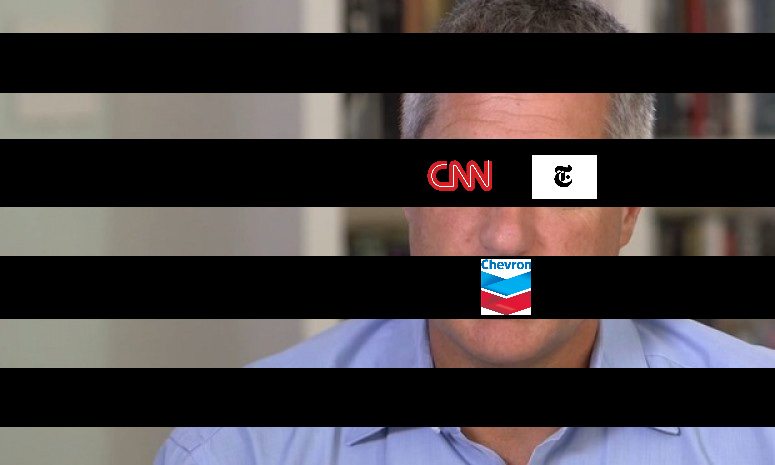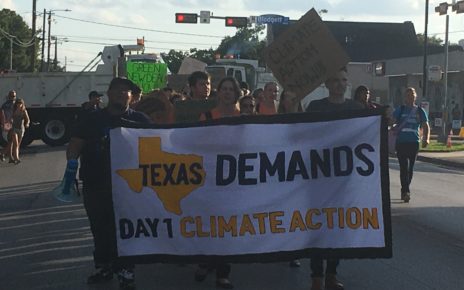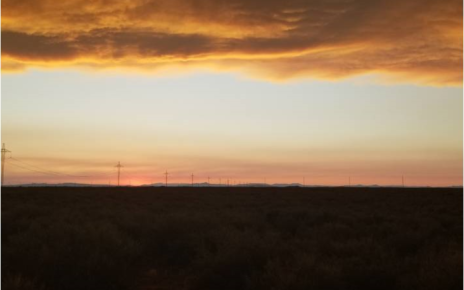Civil rights lawyer Steven Donziger was released back to house arrest in October 2021 to serve the rest of his 6 month misdemeanor sentence from home. The decision to release him under a COVID-19 early release policy came after a large public pressure campaign that included celebrities, Nobel laureates, climate activists, politicians and independent media outlets.
In 1993, Donziger won a landmark lawsuit against oil giant Chevron in Ecuador over the company’s alleged role in the pollution of the Amazon Rainforest and poisoning of Indigenous people. Chevron retaliated, and Donziger has spent more than 720 days under house arrest. He was recently found guilty of criminal contempt of court by a U.S. judge after a private law firm connected to Chevron took over the prosecution of the case. But you won’t hear a thing about this story on U.S. mainstream media. Why not?
Mainstream Media Narrative
As Donziger was awaiting the judge’s verdict last summer, Branch Out checked several mainstream media outlets for their coverage of Steven Donziger’s trial, and to our surprise, there was virtually nothing. Popular online media brands including Democracy Now!, Breaking Points, The Majority Report interviewed Donziger, but mainstream liberal media like CNN and the New York Times never mentioned him or his story.
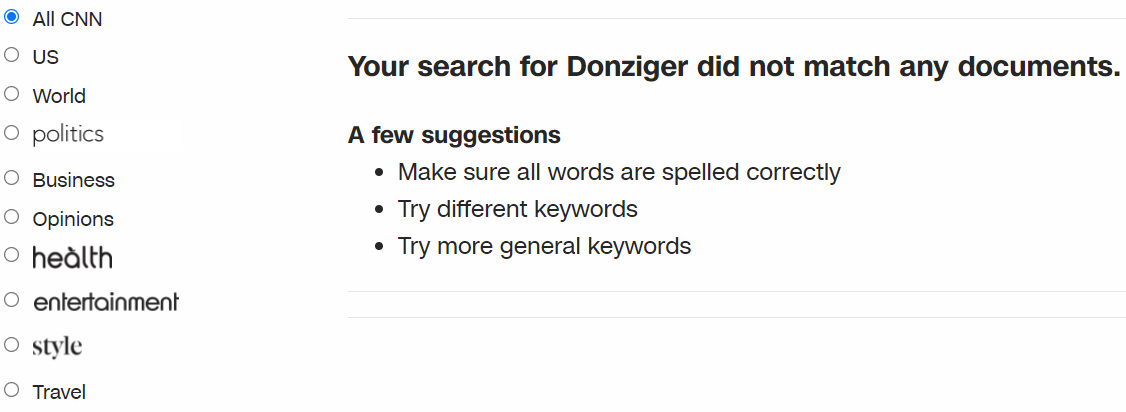
When Branch Out first wrote about Donziger on our substack in July 2021, the New York Times’ most recent piece about Mr. Donziger had been published in 2013. Several of these articles (and this one in particular) implied he is “slightly crazy,” and outlined Chevron’s case that Donziger allegedly bribed judges and acted as a ghostwriter on reports that became key evidence. According to a Chevron spokesman quoted in the article, Donziger did nothing less than “create… this fiction of massive environmental contamination.”
Following Donziger’s sentence for criminal contempt of court in October 2021, NYT published an article in their Dealbook Newsletter criticizing environmental advocates who had made him a hero. It was written by Joe Nocera, who had previously expressed his support for the Keystone XL Pipeline. In his article, Nocera painstakingly critiques the valorization of Donziger, yet he failed to mention the astounding duration of Donziger’s house arrest, the potential conflicts of interest of Judges Kaplan and Preska, or the fact that the private law firm appointed to lead the contempt prosecution also has a direct financial relationship with Chevron. Moreover, Nocera never discloses his own conflict of interest that his wife has run public relations for the law firm Boies Schiller, which has also represented Chevron and was involved in the original Ecuador case.
Pollution in Ecuador
Steven Donziger’s legal battles with Chevron began with a class action lawsuit in Ecuador where he represented Indigenous tribes whose land and water had been poisoned by oil drilling and pipeline operations at the Lago Agrio oil field. To this day, pollution remains a major problem in the ecologically critical Amazon Rainforest. At the time, the oil operation was run by Petro-Ecuador, a nationalized oil company, and Texaco, which was sold to Chevron in 2001 while litigation was ongoing. Ecuador initially ordered Chevron to pay an $18 million settlement, but this was later cut in half by Ecuador’s supreme court, although the verdict was reaffirmed.
In retaliation, Chevron went to the U.S. and then the international courts in order to make its case that Donziger organized massive fraud to secure a judgment against Chevron. The International Court of Arbitration in the Hague eventually ruled in favor of Chevron in 2018, and meanwhile, the company had sent its legal machine after Donziger, starting the latest legal battle back in 2013.
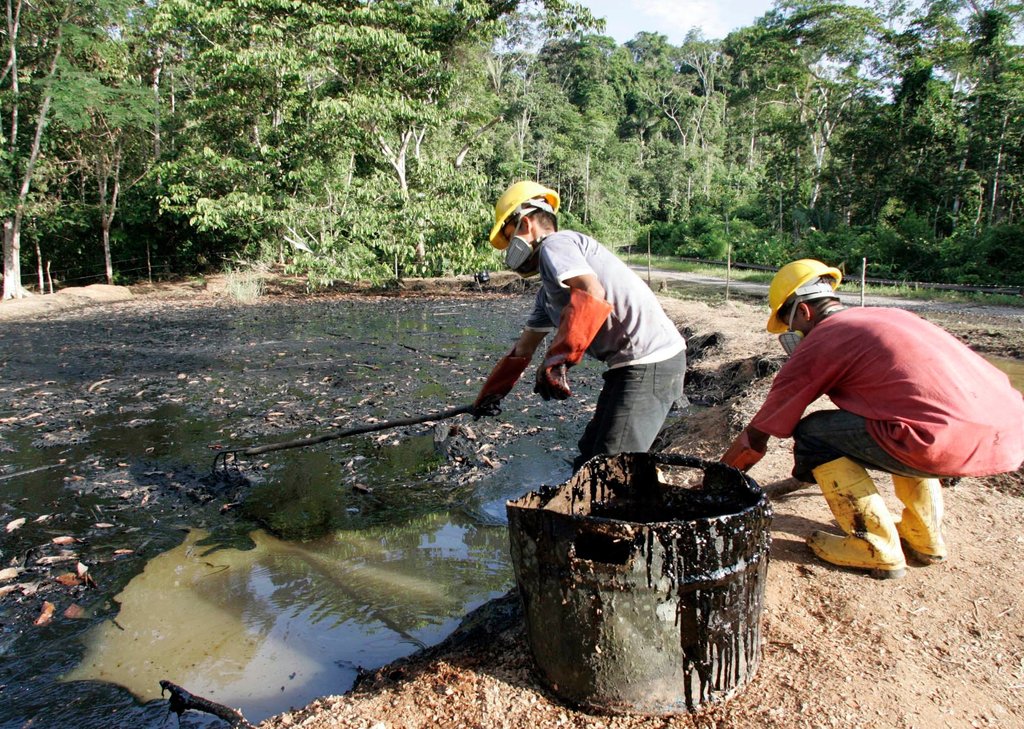
Chevron Retaliates
In the process, U.S. District Judge Lewis Kaplan, a former tobacco industry lawyer who owned Chevron stock at the time of the ruling, ordered Donziger to turn over his cellphone and computer to Chevron, which Donziger argued is unconstitutional and a violation of the attorney-client privilege. He appealed the judge’s ruling and refused to turn over his electronics, so the judge responded by charging him with criminal contempt of court, a federal misdemeanor charge.
Kaplan then chose U.S. District Judge Loretta Preska, and she sent criminal contempt of court charge to the relevant public prosecutor in the U.S. Southern District of New York. The prosecutor, however, declined to bring the charges to court, so the judge was allowed to appoint a private law firm, Seward and Kissel, to prosecute the case. Though unusual, this practice is not unheard of, but what is unprecedented in this case, is that Seward and Kissel also has an ongoing financial relationship with Chevron. Now, a private law firm is leading the U.S. government prosecution of a human rights lawyer, keeping him shackled at his home for more than two years awaiting trial for a misdemeanor charge which normally would not even result in jail time upon conviction.
“The decision marks a sad day for the rule of law, for our democracy, and for our planet,” Donziger said in a statement after he was found guilty. Regardless of possible mistakes made in the 1993 lawsuit, it is true that no one else in history has ever been held for years in house arrest for a misdemeanor while being prosecuted by corporate lawyers with ties to a multinational oil and gas company.
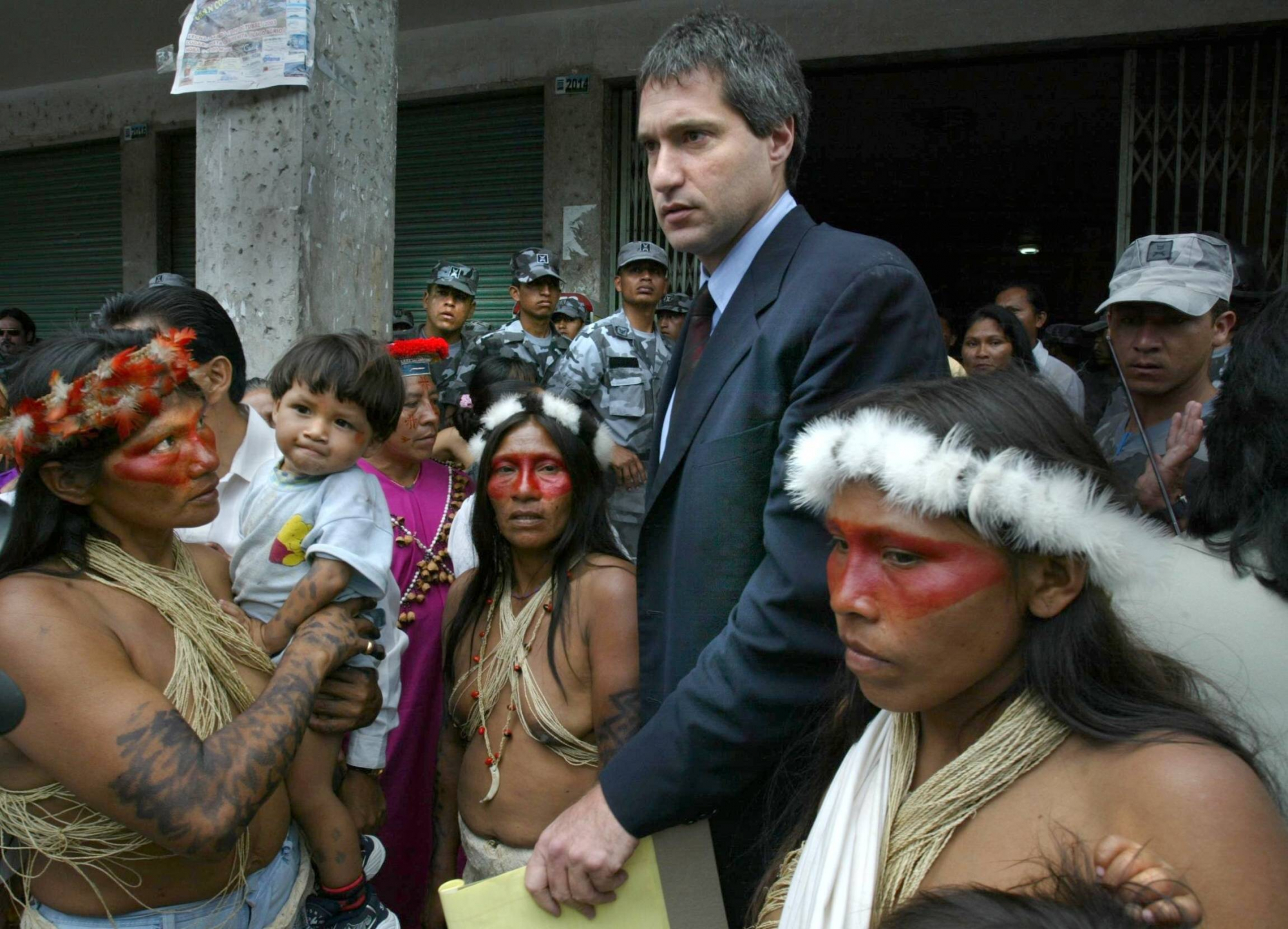
Conflicts of Interest
Donziger has received an outcry of support from human rights and environmental groups, many well-known celebrities and 68 Nobel Laureates calling for his release. Several U.S. Congresspeople have also spoken up about the issue. With so much drama, spanning decades and continents, it seems like the exact type of story that a journalist at the New York Times would want to cover through every twist and turn.
Donziger recently weighed in on why he thinks that the New York Times has not covered his house arrest, saying that NYT uses the same lawyer who leads Chevron’s case, Theodore Boutrous Jr:
“One explanation I have as to why the New York Times is ignoring this critically important story of this corporate attack on a human rights lawyer is that its main outside lawyer is the lawyer who’s being paid by Chevron to attack me, and the New York Times needs to come clean,” Donziger told The Hill on their popular YouTube show, Rising.
The New York Times, however, has additional conflicts of interest. First, there’s Robert Denham, who sits on the board of directors for both Chevron and NYT. Second, there is the fact that Chevron has often advertised in the Times. All of this comes on top of the fact that Ted Boutrous has a long history of representing Chevron in addition to other corporations.
In 2007, the LA Times called Boutrous a “hired gun of the highest caliber.” Indeed, he has represented major automakers that wanted to avoid vehicle emissions standards in California, multiple oil and gas companies that needed defense against pollution claims, as well as retail giant WalMart and major media companies. He is also a prominent member of the Federalist Society, to which Chevron is a major corporate donor.
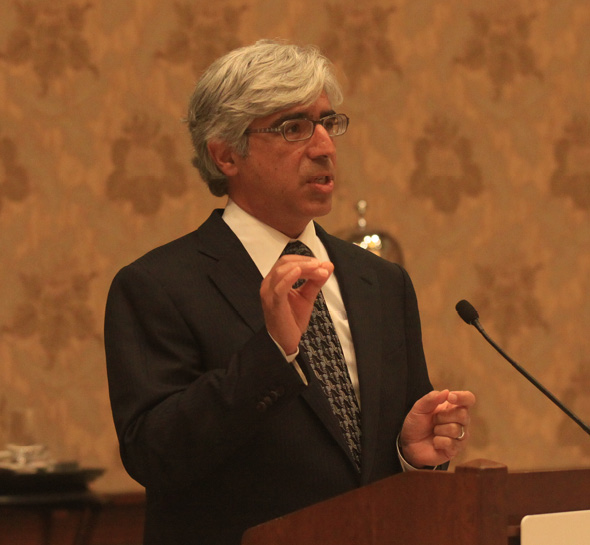
Media Bias
The mainstream media blackout of Steven Doniger’s house arrest is a case study of why certain stories get covered versus others and the far-reaching influence of the fossil fuel industry. We cannot see behind the curtain to be sure if Chevron directly pressures media to skew coverage one way or another, but big oil has a close relationship with corporate media, and Branch Out is hardly the first to question if it impacts news coverage.
A study by Media Matters examined coverage of the fossil fuel industry on May 26, 2021 — A day that a Dutch court ordered Shell to reduce its emissions by 45%, and at the same time, Chevron’s shareholders voted to mandate the company slash its emissions. The study found that CNN ran two segments on the news which aired in the middle of the night. During their primetime shows running that week, however, CNN ran 50 ads from Chevron pushing a narrative that the company is doing its best to fight against climate change.
Power and Profits
The media bias favors Chevron every step of the way. The case of Steven Donziger has been widely covered by independent media, but favorable coverage is a red line for many mainstream media outlets. Chevron also holds influence in the legal system itself, with money to hire the world’s best attorneys and donate to influential organizations such as the Federalist Society. The result is perhaps not an overt mandate for CNN editors to blackball Donziger, but rather an avoidance based on fear, because Chevron has used Donziger as an example to show the world how powerful the company is.
Chevron’s deep pockets allow them to exert influence over media companies and some of America’s most cunning legal minds. Recently, Jennifer Rearden, a key lawyer with Gibson, Dunn & Crutcher where she worked with Boutrous on Chevron’s case, was nominated by President Biden to serve as a federal judge for the Southern District of New York. If appointed, Rearden will serve as a judge in the same district where her law firm successfully prosecuted Donziger.
At the same time, calls for Biden to pardon Donziger have gone unanswered. In a statement, Amazon Watch called Biden’s lack of action a “dark stain on his alleged claims to respect human rights.”

